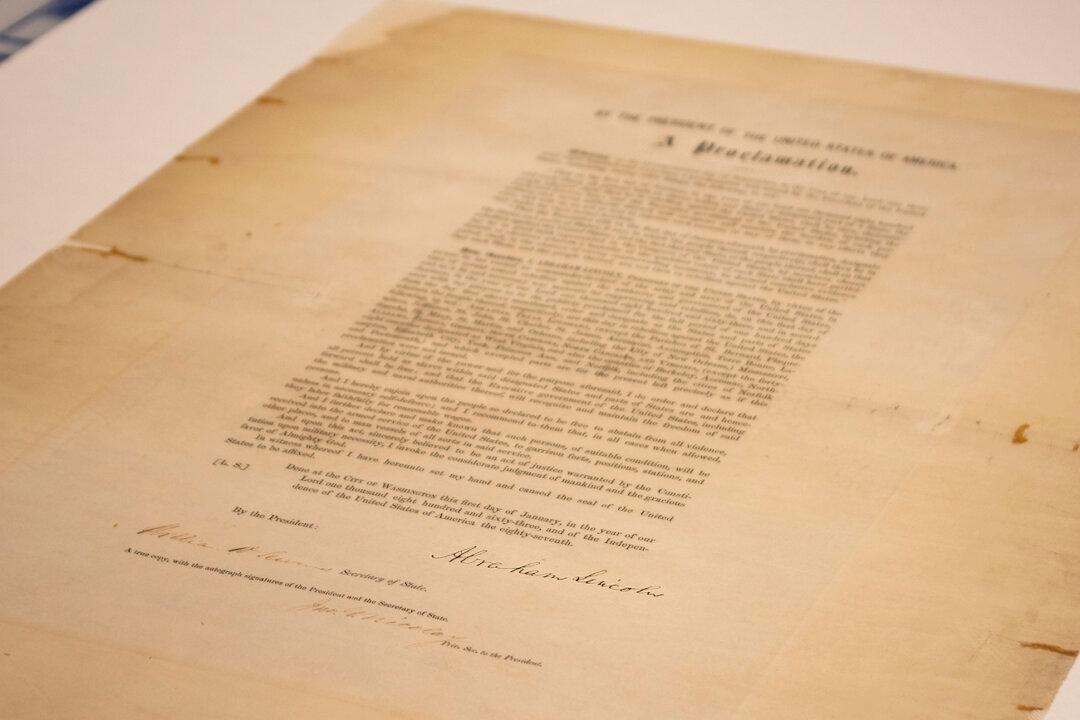The House of Representatives on Wednesday passed a bill making June 19—Juneteenth—a federal holiday to mark the end of slavery in the United States, sending the bill to President Joe Biden’s desk.
The measure, S. 475, passed on a vote of 415-14 in the chamber. It comes a day after it passed through the Senate with unanimous consent. The president is expected to sign the bill into law at a White House event on June 17 to make it the 11th federal holiday.




